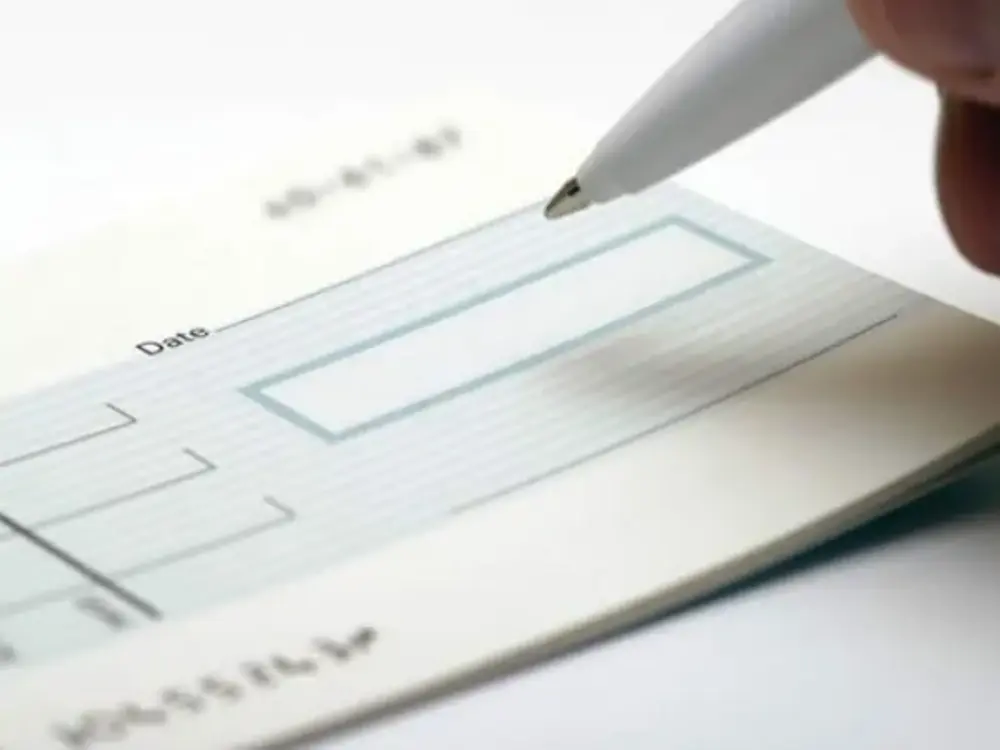Many people use cheques for significant transactions, considering it a secure way to transfer money. However, there are common mistakes that individuals often make while writing cheques, which can lead to substantial financial losses. In this article, we’ll discuss these crucial rules to follow when dealing with cheques.
Cheque as a Banking Instrument
A cheque is a banking instrument used for making payments to a specific person or entity. It requires careful handling to avoid complications. Here are ten common mistakes individuals should be wary of
1. Writing “Only” After the Amount
Always write “Only” after the amount in words on the cheque. This precautionary measure is to prevent potential fraud and ensure the intended amount is clear and unalterable.
2. Never Sign Blank Cheques
Signing a blank cheque is a risky practice that opens the door to potential misuse. It’s crucial to fill in the recipient’s name, amount, and date before signing, using only your pen.
3. Ensuring Signature Accuracy
If the signature on the cheque does not match the bank’s records, the cheque may bounce. Prior to issuing a cheque, confirm that your signature aligns with the bank’s authorized signature to avoid complications.
4. Accurate Date Writing
Correctly write the date on the cheque to align with the day of issuance. This prevents confusion and ensures a clear understanding of when the cheque becomes valid for encashment.
5. Use of Permanent Ink
To prevent tampering, use permanent ink while writing cheques. This reduces the risk of alterations or fraudulent changes, safeguarding the integrity of the transaction.
6. Never Issue Blank Cheques
Avoid the issuance of blank cheques as it poses a severe risk, allowing anyone to fill in any amount. This practice could lead to substantial financial loss.
7. Maintaining Sufficient Balance
Ensure there is a sufficient balance in your account when issuing a cheque. Bounced cheques, resulting from insufficient funds, can lead to legal consequences, including fines and potential imprisonment.
8. Avoid Post-Dating
Steer clear of post-dating cheques, as banks may not accept them. The date is crucial for processing the cheque, and any errors in the date, month, or year may result in the cheque being returned.
9. Record the Cheque Number
Take note of the cheque number and maintain a record. This helps in case of disputes or verification needs, providing a reference point for both the issuer and the bank.
Winding it up
Adhering to these cheque-writing rules is essential for a secure and error-free financial transaction. By avoiding these common mistakes, individuals can safeguard themselves from potential losses and ensure a smooth and reliable use of cheques in their financial transactions.







